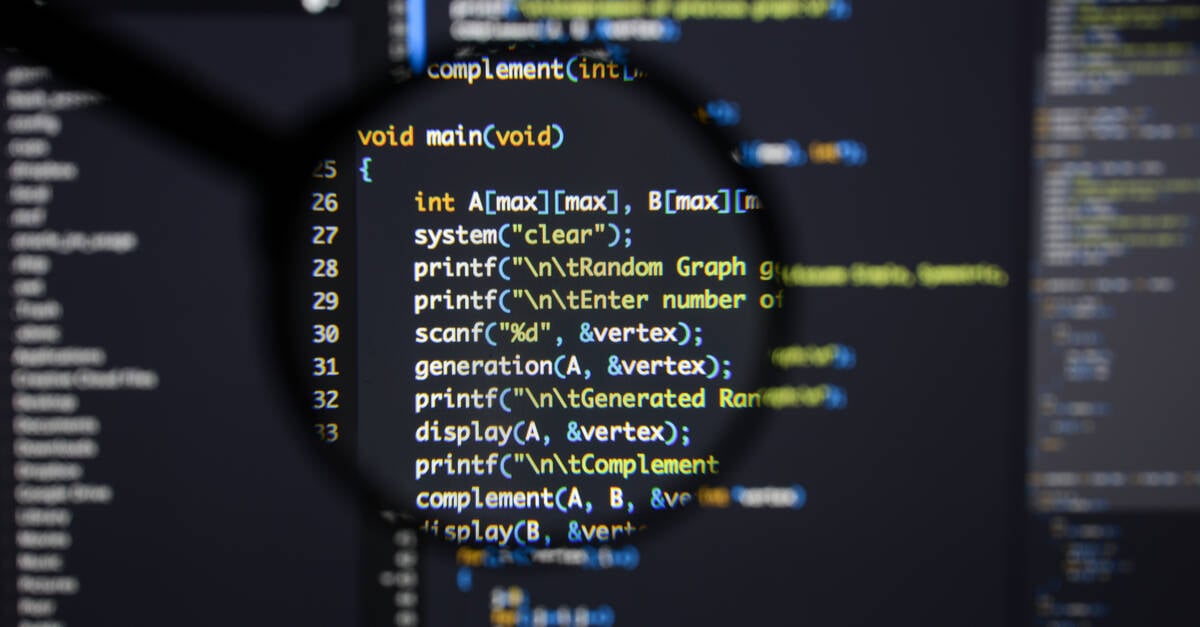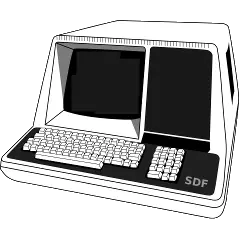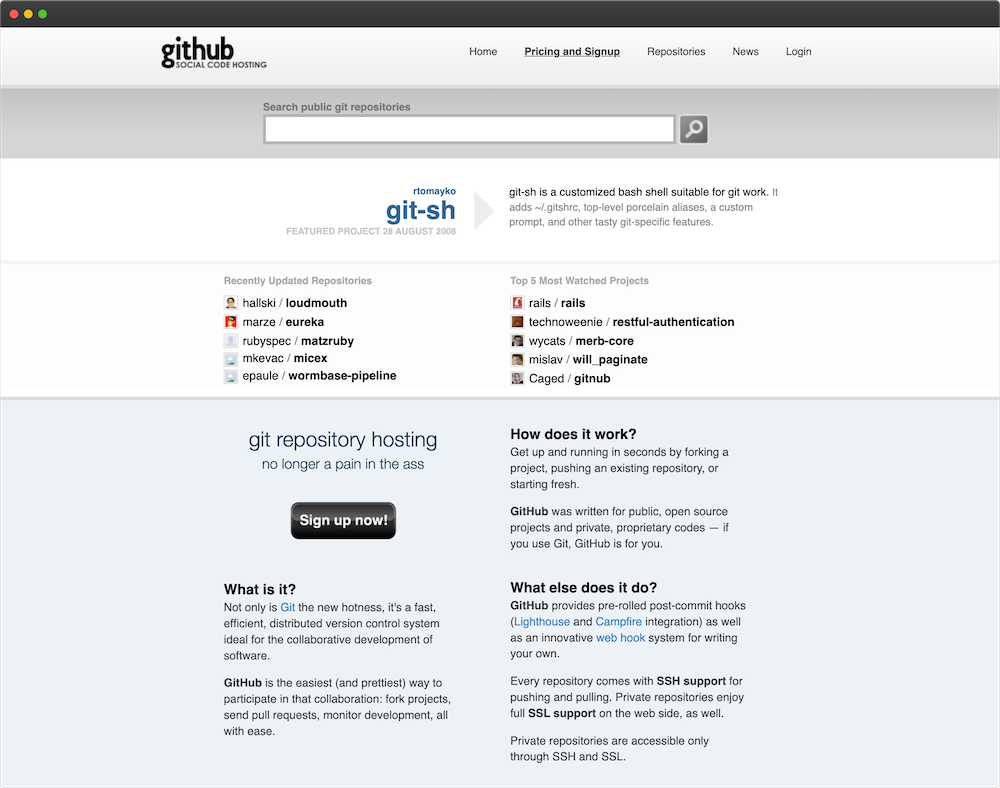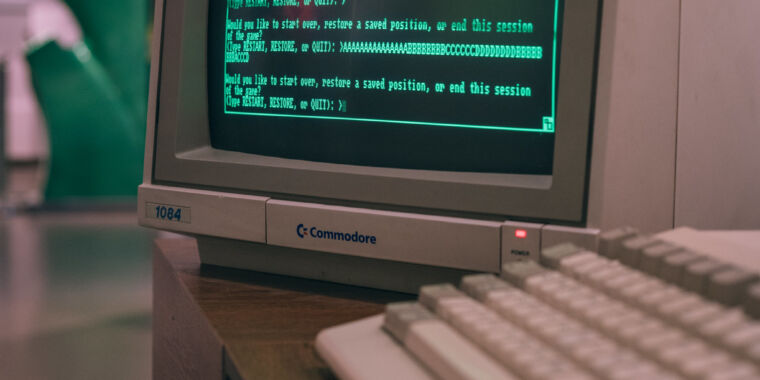

It’s a bit of a leap to say the “owner” changed. Ryujinx is MIT licensed, allowing anyone to clone the original code locally, build upon it, and publish it to a public host. Looks to me like that’s what happened here: a fork, but without using github’s built-in “fork” feature, perhaps to avoid being included in a mass take-down. There are others on non-github sites, although I don’t know if they have been getting new commits.
I don’t see any reason to think the original repo was renamed or moved to another user’s account. The top contributor is gdkchan presumably because gdkchan’s commit history was preserved.
For the record, gdkchan’s last commit to the original repo was on 2024-10-01.
Edit: The README confirms what I thought:
This fork is intended to be a QoL uplift for existing Ryujinx users. This is not a Ryujinx revival project.



















It’s important to post these things every so often. There will never be a day when everyone already knows. :)
https://xkcd.com/1053/